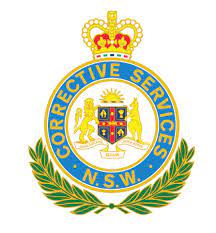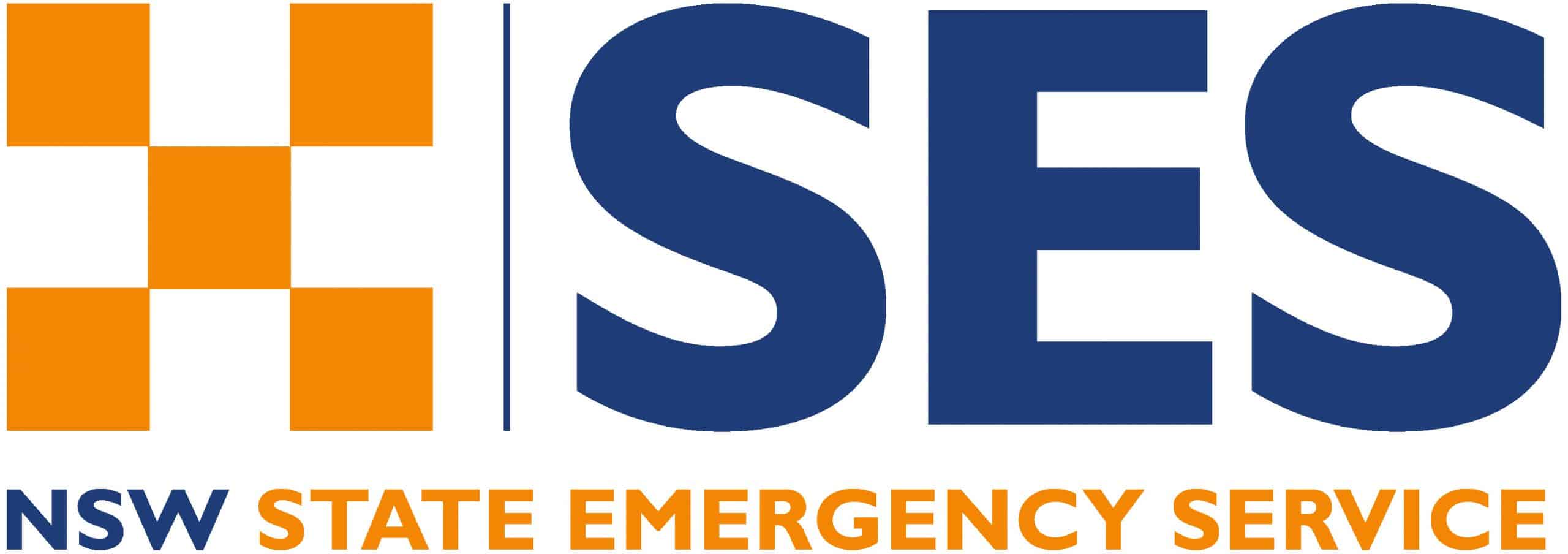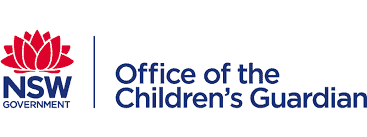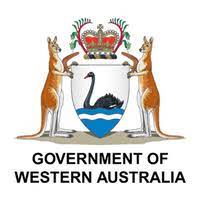This article is about how a Coaching Leadership style saves everyone time and increases productivity and performance. It illustrates how Coaching Leadership is also particularly useful for managing up as well as managing yourself and your team better to increase performance & productivity.
My partner is Austrian, and recently she came out with a fantastic German saying: “für die Tonne arbeiten” – which literally means “working for the bin”.
It’s a saying used in Germany for when you’ve spent ages working on something your boss has asked you to do but then they turn round after several hours (days!) of your hard work and say they don’t need it any more…or what you did isn’t what they wanted… SO frustrating! And something that seems to happen far too often!
So much wasted time, resources and productivity. And how do we feel when that happens? Mildly annoyed at best… often severely p!##ed off, not valued and highly disengaged. This leads to lots of threat, or away-state brain chemicals like cortisol, adrenaline and norepinephrine firing up our fight/flight/freeze response – which literally lowers the thinking power of your analytical brain.
And that away-state cocktail of chemicals then contributes to how much less motivated and disengaged we feel facing the next piece of work, potentially also destined for the bin.
The ‘working for the bin’ saying came up when my partner & I were recently discussing leaders who shoot through 1-line or vague emails as instructions for a major piece of work.
Often our own fear of looking stupid by asking ‘dumb’ questions kicks comes in, and we do our best to muddle through & do what we hope is what’s needed. We then end up doing a half-baked job as we don’t really know what we’re doing. Or we end up coming up with a great solution to the wrong problem.
That lack of clarity about what needs doing, or that lack of clarity about exactly what is the problem you’re trying to solve, or the fear of looking dumb triggers our fight/flight/freeze chemicals which actually reduce the thinking capacity of our analytical brains (our pre-frontal cortex) and cloud our judgement…this and make us genuinely less able to solve complex problems. This collection of circumstances often leads to ‘für die Tonne arbeiten’ – ‘working for the bin’.
Sometimes, a 1-line email gives us the autonomy we crave, to be able use our initiative and feel empowered to do our own thing. If you like autonomy, this will trigger lots of ‘reward’ chemicals in your brain, like dopamine, oxytocin, serotonin, and endorphins.
These reward chemicals can also sometimes be a problem though. If we don’t have good self awareness, our desire to look good and to seek the ‘reward’ these chemicals offer can cloud our judgement and stop us asking the questions we need to ask to clarify exactly what is needed. “Pride comes before a fall”. More ‘working for the bin’!
So, how do you reduce ‘working for the bin’?
First, you must have self awareness. And now you have an idea of what’s happening with your brain, it’s chemicals and what they’re doing to you, you have the foundation for that self-awareness.
Second, and the key antidote to ‘für die Tonne arbeiten’ is using an aspect of our T.O.A.D.™ Coaching Leadership style. This is proven to be particularly effective.
Try asking your boss simply: “what’s your thinking around that?”
Ask the question – just that question – then shut up and listen. As the saying goes: ‘you have 2 ears & 1 mouth – use them in that proportion’.
Keep on asking that thinking question in subtly different ways until you at least more clarity about what’s needed. You’ll be surprised at what you may find out and how much less work is ‘für die Tonne arbeiten’.
You may even find that the problem you thought you were solving is a completely different one to the one you need to solve. So might your boss!
And if you’re a leader in any position delegating or sending out work to someone, make sure you take time to explain your thinking. And ask what their thinking is about what you’ve just asked.
AND make genuine time and safe space for the person to ask you ‘dumb’ questions about what your thinking is about the work so they’re clearer on what needs doing. There will be much less ‘für die Tonne arbeiten’.
T.O.A.D.™™Coaching Leadership
We define leadership as not just leading your team. It’s also leading yourself, leading your peers and of course leading (managing) upwards.
T.O.A.D.™ Coaching Leadership is ask not tell, listen over talk, get people thinking of their own solutions rather than giving them yours, etc approx 70% of the time.
T.O.A.D.™ Coaching Leadership fits in with the neuroscience research in that it puts good chemicals into people’s brains so people feel valued and appreciated. They feel happier and hence perform better. It also ticks the boxes of so much other empirical and behavioural research. It is also the core behavioural competency underpinning emotional intelligence.
A T.O.A.D.™ Coaching Leadership style (approx 70% of the time) will produce happier, more engaged, people who take more responsibility and think more for themselves and solve more problems themselves.
T.O.A.D.™ Coaching Leadership develops people who operate at peak performance; drive better productivity; deliver better outcomes. More innovation will also result. Aren’t these the things we all want as leaders? And from our leaders?
Southern Cross Coaching & Development offers our unique T.O.A.D.™ Coaching Leadership program that gives leaders the tools they need to become Coaching Leaders. We’ve had such incredible feedback from our clients who have adopted our unique, profoundly simple, practical and immediately applicable T.O.A.D.™ Coaching Leadership model.
Clients who have adopted it include global listed companies, large NSW Government agencies, nationally listed and large privately owned corporations.
Our T.O.A.D.™ Coaching Leadership model transcends culture and has proven itself time & time again from CEOs & Executives to new managers. We’ve rolled out the program in Australia and overseas i.e. Malaysia, Singapore. Ask us how it can benefit your team or organisation.
Go to www.southerncrosscoaching.com.au and get in touch there – or call us direct on +61 2 7901 5618, or email [email protected].
























































